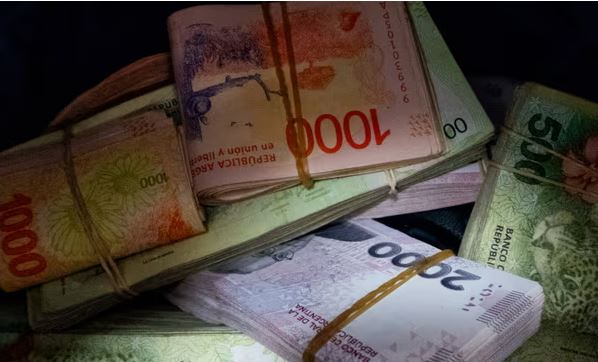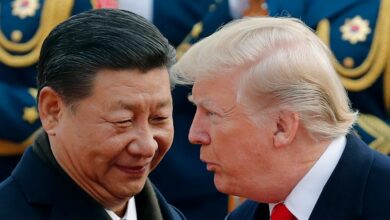Argentina’s Bold Economic Reform: 50% Devaluation of Peso Amidst Deep Crisis

Argentina has initiated a drastic economic overhaul under its new President Javier Milei, devaluing the peso by more than 50% against the US dollar. This move is part of a series of measures aimed at addressing the country’s severe financial crisis, characterized by triple-digit inflation and a deep economic downturn.
Key Aspects of Argentina’s Economic Strategy
- Significant Currency Devaluation: The Argentine government has slashed the value of its currency, the peso, from 400 to more than 800 to the dollar. This devaluation is a radical step to combat the economic crisis that has gripped the nation.
- Austerity Measures: Alongside the devaluation, Argentina’s Economy Minister Luis Caputo announced sweeping austerity measures. These include cuts in energy subsidies, the cancellation of tenders for public works projects, and plans to reduce the size of government ministries significantly.
- Social Spending Increase: In a bid to mitigate the impact of these harsh measures on the poorest, the government plans to double social spending. This decision aims to help the most vulnerable segments of the population absorb the economic shock.
- Challenges and Criticisms: The plan has been met with mixed reactions. The International Monetary Fund (IMF) has praised the boldness of the measures, while some progressive activists have criticized them for being too harsh on the populace.
- Long-term Fiscal Goals: Caputo emphasized the need to address Argentina’s long-standing fiscal deficit, which he described as the root cause of the economic crisis. The government aims to solve this issue by curbing state spending and reducing the fiscal deficit.
The Context of Argentina’s Economic Crisis
Argentina’s economy has been plagued by high inflation, with the annual rate currently at 143%. Approximately 40% of Argentines live in poverty. The new government’s strategy represents a stark departure from previous approaches, with a focus on radical reforms to restore economic stability.
Implications for the Future
President Milei’s aggressive approach to tackle fiscal issues signifies a new era for Argentina’s economy. However, it remains to be seen how these measures will play out in the long run, especially considering the potential opposition from left-leaning movements and the impact on the country’s poverty rate.
Argentina’s current economic situation and the government’s response will be critical in shaping the nation’s future, both in terms of financial stability and social welfare.




